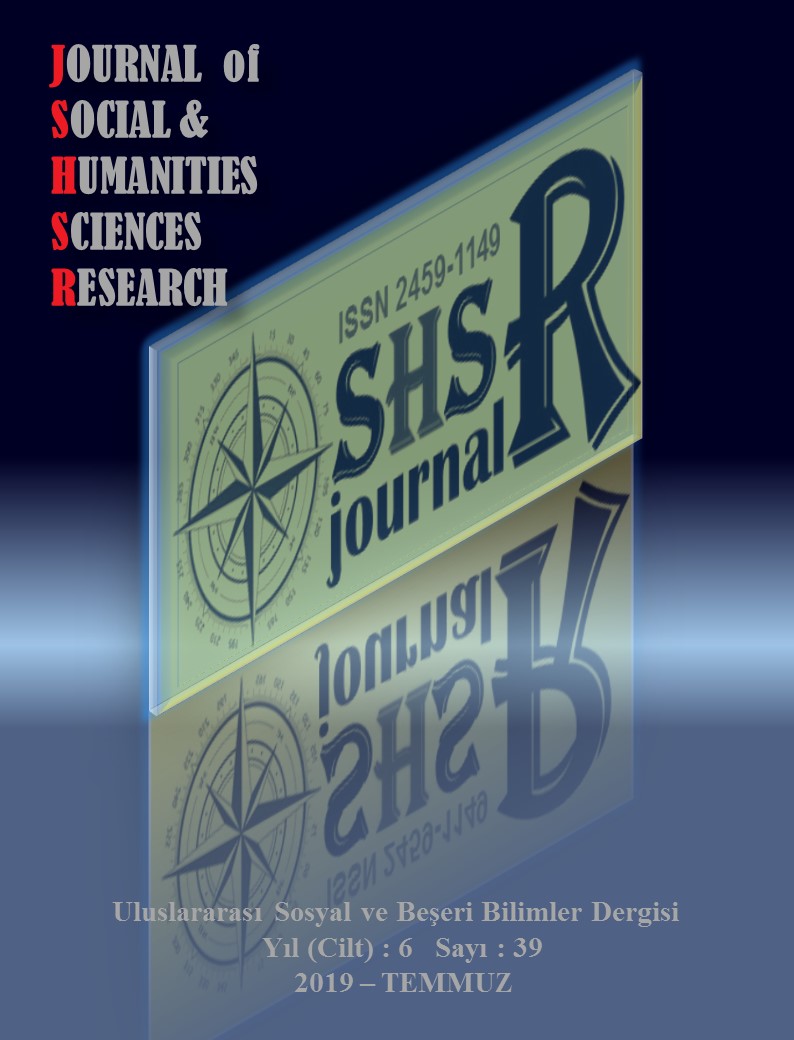BIOLOGICAL WEAPONS: AN ANALYSIS ON THE FICTIONALIZATION OF THE PLAGUE AS A BIOLOGICAL AGENT IN MARINA FIORATO’S THE VENETIAN CONTRACT
DOI:
https://doi.org/10.26450/jshsr.1279Keywords:
The Four Horsemen, Battle of Lepanto, the Plague (the Black Death)Abstract
Epidemics, being one of the biggest catastrophes faced by societies throughout the human history, have brought about important geographical, political, economic, demographical, and cultural changes in the regions affected by them. The results of a catastrophe of a nuclear war for modern societies are parallel with the results of the Plague (the Black Death) in Medieval Europe, especially between 1348-1351. The plague used also as a biological weapon is considered as one of the oldest and the most dangerous agents. The fact that Tatars started a biological war against the Genoese by catapulting plagued bodies over the city walls during the siege of Kaffa (in Crimea) was the most known example of using plagued bodies as a weapon. In this study, the plague agent used by the Ottoman Empire as a biological weapon against the Republic of Venice in Maria Fiorato’s The Venetian Contract was examined as well as analyzing the political and cultural relations between the Ottoman and Venetian states by oriental-occidental comparisons in terms of plagues
Downloads
Published
How to Cite
Issue
Section
License
Copyright (c) 2019 INTERNATIONAL JOURNAL OF SOCIAL HUMANITIES SCIENCES RESEARCH

This work is licensed under a Creative Commons Attribution 4.0 International License.


